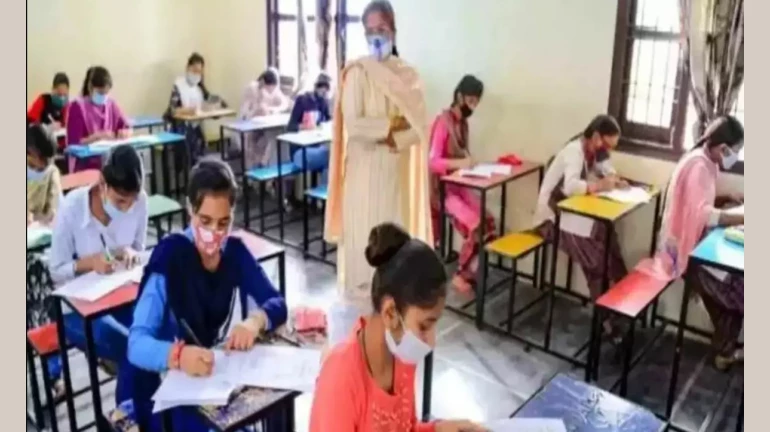
The Maharashtra government has taken a major step forward in the implementation of the National Education Policy (NEP) by forming a committee of experts from various departments. The committee will play a crucial role in ensuring the successful implementation of the NEP in the state.
This move marks a new level of collaboration and cooperation between different departments in the state government.
It is pertinent to note that the changes brought under the NEP will bring many advantages to the education system in Maharashtra. It will provide students with a more well-rounded education, increase flexibility and choice in their education, and promote a happiness-centered approach to learning.
The most notable change in the plan is the transformation of the existing 10+2 plan to a 5+3+3+4 plan, which will give students more flexibility and freedom in their education. Under the new plan, board exams will no longer hold the same significance as they did before.
Students will not be asked to pick a stream for 11th and 12th grade, and instead will be given the choice to pick from 40 different subjects. This is a major shift from the traditional system of students being forced to choose between science, commerce, and arts streams early on in their education.
In addition to this, it will be the first time that a three-year pre-primary program will be introduced in the state, which will be distributed in the first five years of the policy.
For implementation of this, the state government has formed a group of experts from various departments such as school education, women and child development, social welfare, tribal development and skill development, to help implement the NEP.
Meanwhile, the education department has also issued a government resolution on Monday, which includes the introduction of a brand new "happiness curriculum" in the classroom. The curriculum will feature local games and languages, and will focus on application-based practical knowledge and skill-oriented courses. The three years following the pre-primary program (classes 4 to 5) will see the course that will assess if the students are competent in classes 6 to 8. In the final four years, students will have the freedom to choose from a variety of subjects. Evaluation will also be done on a multidimensional approach. Self-review and peer-review will be introduced.





